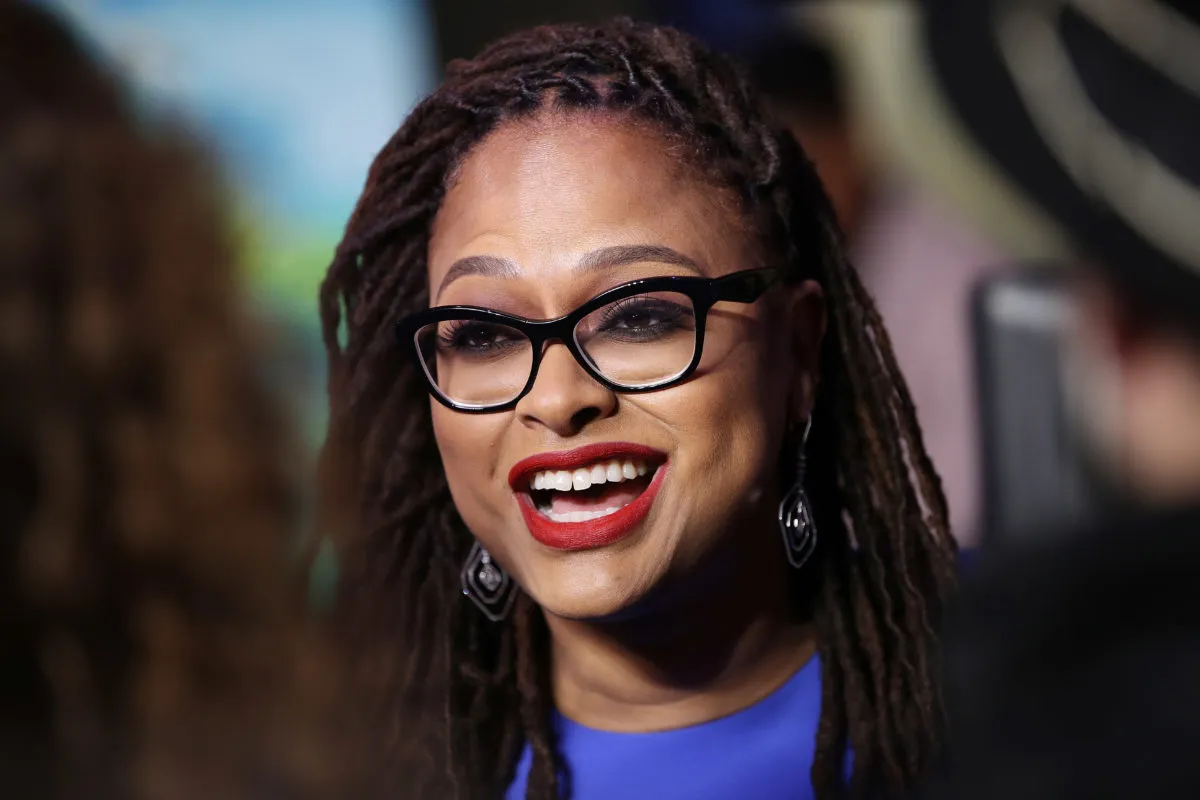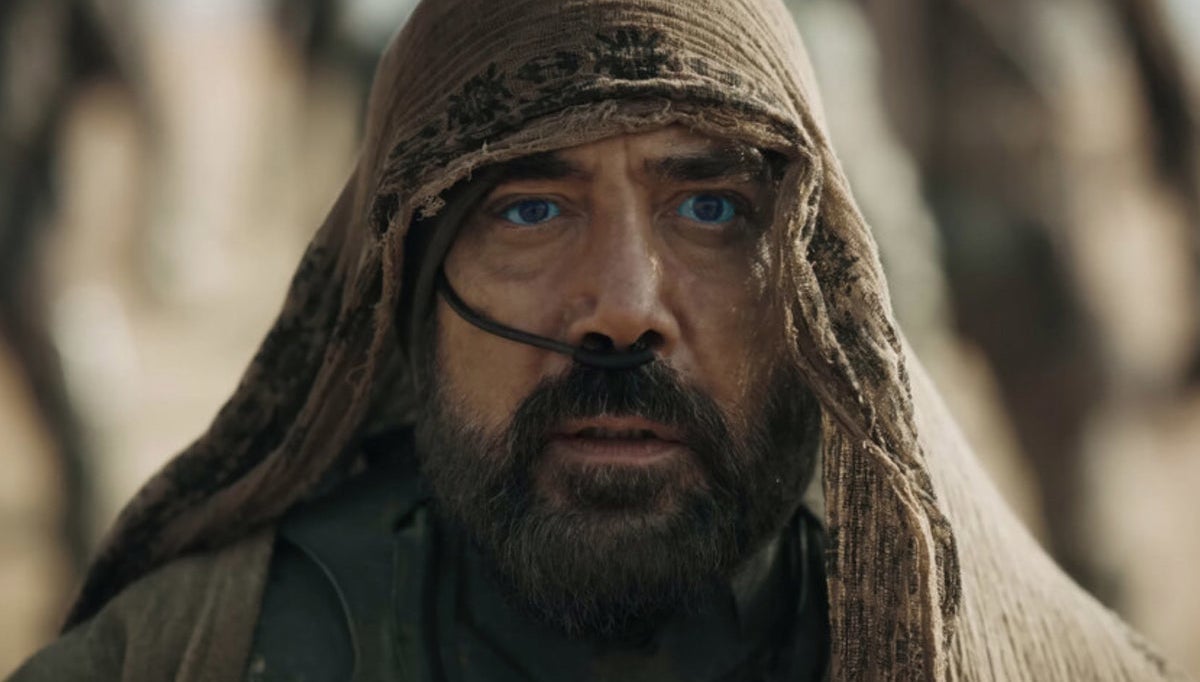When it comes to female directors, there has been a lot of praise (all of it earned) for Greta Gerwig, but I wanted to end this year giving accolades to another female director: Ava DuVernay.
Unlike many in Hollywood today, DuVernay is as close to self-made as any person can be. She started out as a journalist and then decided to be a publicist, eventually developing her own public relations firm, The DuVernay Agency (DVAPR), in 1999.
It wasn’t until 2005, in her early 30s, that DuVernay changed professions and began directing. She made smaller films and documentaries until her big break came with Selma in 2014, and since then, she has become one of the most well-known directors around. Yet, it very often seems as though her skills behind the camera, her ability to craft a narrative, and her ability/desire to play with different kinds of stories are not appreciated enough.
I guess we should talk about DuVernay’s A Wrinkle in Time. Did I like the film? No, not really. However, why do some feel that one poor film needs to negate the rest of her filmography? A middling movie based on a convoluted children’s book is not the worst thing a director could make. At least it failed while trying to do something, rather than just being another tired, empty remake of something someone did 20 years ago. It was an adaptation, but it was adapting something hard for the right reasons. Despite my feels on the end product, I much prefer a filmmaker with that kind of ambition.
Plus, the next thing she made after that was When They See Us, which is unequivocally brilliant. From directing episodes of Queen Sugar, to the music video for “Family Feud,” to the documentary 13th, DuVernay has shown a wide breadth of creativity in multiple mediums. Part of what makes her so talented is the fact that she
While a lot of people are out here trying to catch up on the diversity train, DuVernay has been ahead of it from the beginning. Her films are filled with whole ranges of skin tones, ethnicities, races, and body types. I just have so much respect for her work, and as supportive as she’s been to others, I wish everyone would be as free with singing her praises. I still can’t believe she wasn’t nominated for Best Director for Selma and that, other than Jharrel Jerome, the Emmys pretty much ignored When They See Us.
As we talk about Little Women and girlhood, I think of directors like Ava DuVernay and Dee Rees, who do so much work to widen the scope of Black womanhood and womanhood in general, but do not get the recognition they deserve for the talent and impact they have brought to the screen.
I hope that changes in 2020.
(image: Chris Jackson/Getty Images for Disney)
Want more stories like this? Become a subscriber and support the site!
—The Mary Sue has a strict comment policy that forbids, but is not limited to, personal insults toward anyone, hate speech, and trolling.—










Published: Dec 30, 2019 02:31 pm